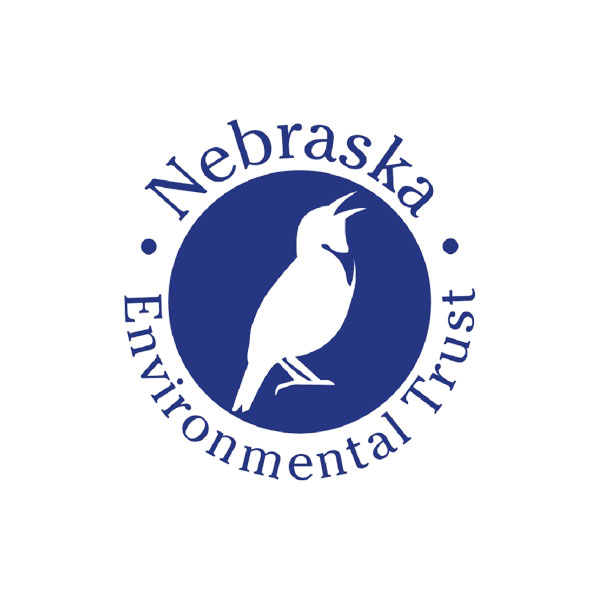Calendar Icon
May 28, 2019
![]() RSS
Submit a Story
RSS
Submit a Story

A team of researchers from the University of Nebraska-Lincoln College of Engineering have received a $97,662 grant from the Nebraska Environmental Trust (NET) to develop a treatment strategy that will reduce sulfur emissions from landfills.
The project, titled “Low-cost Biological Odor Treatment Using an Adsorption/Desorption Concentrator Unit for Reducing Sulfur Emission in Nebraska,” is led by Bruce Dvorak, professor of Civil Engineering; and Josephine Lau, associate professor of Architectural Engineering, and is a collaboration with Ashraf Aly Hassan, assistant professor at United Arab Emirates University.
The State of Nebraska has an ambient air quality standard for total reduced sulfur (TRS), which consists primarily of hydrogen sulfide (H2S). This application proposes to design and test an economical odor treatment system that will contribute to lower ambient levels of H2S and other gases in landfills. This treatment system has the potential to reduce the cost of air emission treatment by up to 40 percent for small landfill facilities.
The project consists of laboratory experiments and field demonstrations at the Loup Central Landfill near Elba, Nebraska that will examine cyclic adsorption and desorption rates of H2S, and the regeneration rates of H2S by testing both air and water, the latter of which will be introduced at different temperatures, pH levels, and flowrates.
This is one of 117 projects receiving more than $19 million in grant awards from NET this year. Of those, 85 were new applications and 32 are carry-over projects.
The Nebraska Legislature created the Nebraska Environmental Trust in 1992. Using revenue from the Nebraska Lottery, the Trust has provided more than $305 million in grants to over 2,200 projects across the state. Anyone – citizens, organizations, communities, farmers and businesses – can apply for funding to protect habitat, improve water quality and establish recycling programs in Nebraska. The Nebraska Environmental Trust works to preserve, protect and restore our natural resources for future generations.
Submit a Story